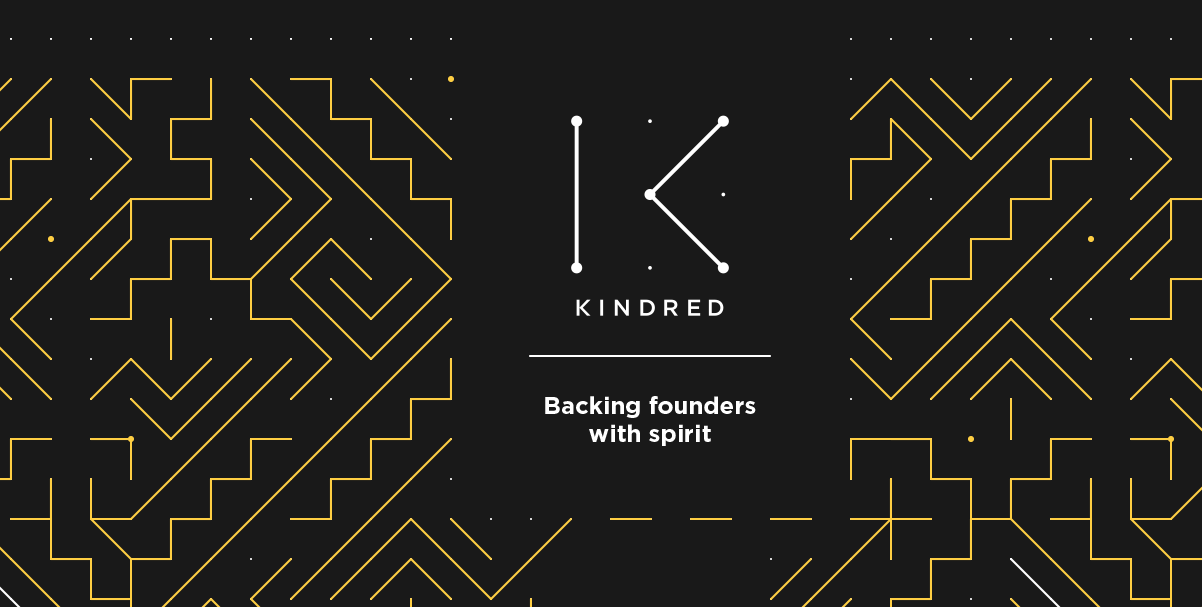What do you do if you’re a venture capital (VC) firm looking to make a name for yourself in a crowded space? You try to differentiate, even through true differentiation can be difficult. However, one relatively under-the-radar European VC firm does promise at least one real differentiator.
London-based Kindred Capital was founded in 2015, and it has already made a number of investments, including into autonomous car startup FiveAI. The company today announced it has closed its first fund at £80 million ($112 million). The firm operates much like other VC firms, insofar as it has several partners — Leila Zegna, Tracy Doree, Mark Evans, and Russell Buckley — with various entrepreneurial and investment backgrounds. Evans, for example, was an early-stage investor in MySQL, while Buckley was the first employee at AdMob in 2006, which later shipped to Google for $750 million.
But Kindred Capital adopts what it refers to as an “equitable venture” approach, whereby every founder it invests in also becomes a co-owner of the fund itself. Once an investment has been returned to Kindred Capital, 20 percent of all of the fund’s profits are shared out among the founders. The company outlined its rationale in a blog post last year, explaining that founders often garner the most value from fellow founders. It said:
If you ask most founders about their journey, you’ll find a dirty little secret. The most helpful, valuable and supportive people are almost always other contemporaneous founders — and only a very lucky few ever mention an investor. So, our challenge was to leverage this existing behavior and create an environment that nurtured, accelerated and enhanced it. If we succeeded, it would mean that we could surround our portfolio CEOs with helpers, greatly enhancing our ability to support our founders.
Kindred Capital has invested in 17 startups over the past three years, each of which hail from the U.K. — and most of these are based out of London. However, the company said that it is also open to investing elsewhere in Europe, and it plans to invest in around 35 mainly seed-stage companies in total. It also plans to keep 70 percent of the fund for follow-on investments in its portfolio companies, which has already led the firm to invest in a number of series A- and series B-stage funding rounds.
June 5th: The AI Audit in NYC
Join us next week in NYC to engage with top executive leaders, delving into strategies for auditing AI models to ensure fairness, optimal performance, and ethical compliance across diverse organizations. Secure your attendance for this exclusive invite-only event.
“While it’s early days, our equitable venture and founder-centric approach seems to be paying off, with many of our first investments going on to raise further funding at significantly higher valuations from the likes of First Round Capital, Venrock, Spark, and Notion,” said Buckley.
If Kindred Capital’s approach sounds familiar, well, that could be because it’s not the first VC company to offer its portfolio founders equity in the fund itself. In 2014, former First Round Capital partner Kent Goldman launched Upside Partnership, a small Mill Valley, California-based VC firm that has so far raised two funds amounting to around $70 million. According to Buckley, although Upside Partnership does predate Kindred Capital, he came up with the idea completely independently. But it’s further evidence of a fledgling hypothesis that by making founders partners in a fund, they can make the broader portfolio successful. “You talk to founders, and they will often tell you that the best advice is not from investors but from other founders,” Goldman told VentureBeat at the time.
Bristol-based FiveAI, which raised more than $35 million last year via a mix of grants and equity funding from the likes of Kindred Capital, is using artificial intelligence (AI) and machine learning to build the brains and navigation systems to autonomous cars. FiveAI CEO and founder Stan Boland noted that Kindred Capital’s proposition was a major factor in his decision to choose it as one of its early investors.
“When deciding which investor we wanted to work with, we were looking for a real partnership with a company that shared our conviction and offered real support on our entrepreneurial journey,” Boland said. “We’re really pleased that we chose Kindred, not least because their equitable venture model means that we’re surrounded by an army of other founders incentivized to help us win.”

